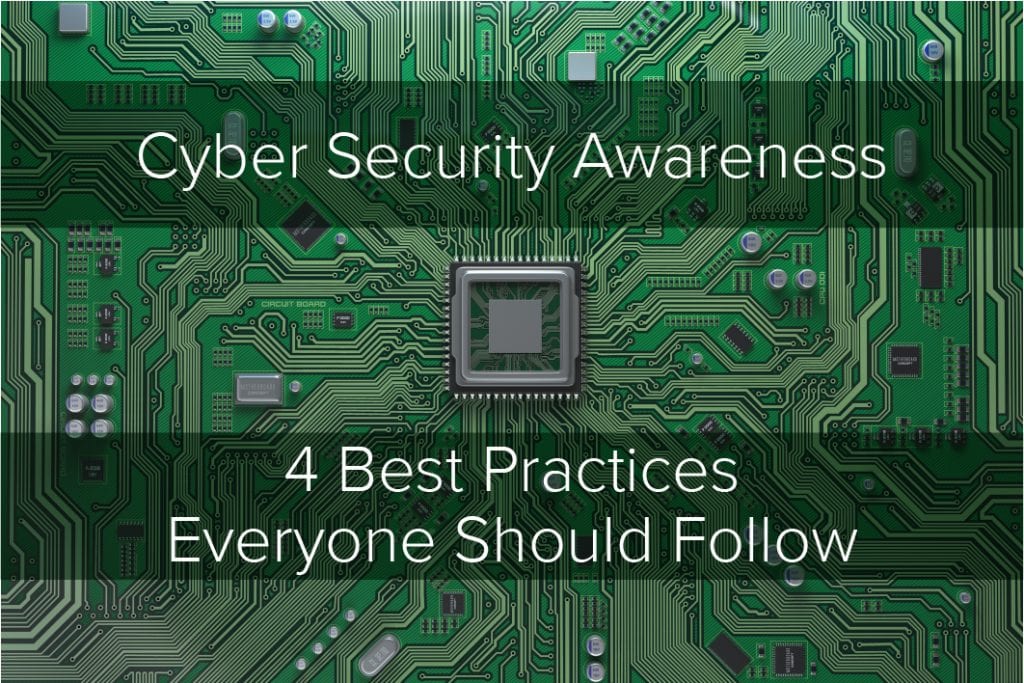Think cybersecurity is something only huge corporations and government agencies need to worry about? Think again. “Cybersecurity is something that everybody needs to be aware of,” according to Jim Kilmer, co-founder and division director of the Technology Services division of the Opal Group, “and everybody needs to be well-versed in at least the basics of it.” We spoke to Kilmer to get some baseline tips on what you can do to prepare for any cybersecurity threats that might come your way. Read on to learn more.
Use a password manager
This is one of the easiest and most important safety practices you can partake in. A password manager generates a strong, unique password for all your accounts, then keeps track of them for you. Left to our own devices, many of us reuse the same passwords on all the sites we frequent. This is precisely how people get hacked. Here’s how it works: Cybercriminals target low-value entities like supermarkets or niche online retailers, and once they get ahold of a customer’s password, they try that same password on every major site — banks, credit cards, money transfer apps — until they find a match. So if you use the same password everywhere, once they hack into one of your accounts, they can easily access every account. A password manager ensures this never happens. An added bonus: Password managers also help you keep track of shipping and credit card information, so you don’t have to re-enter them for every purchase.
Set up multifactor authentication on all your accounts
Multifactor authentication means that two different types of credentials are needed to access your account. In other words, you log onto a site with your username and password and then you’re prompted to take an additional step to verify that it’s truly you. “There are a lot of different ways of doing it — everything from USB security keys that live on your keychain to receiving text messages on your cell phone,” Kilmer explains. The idea is, in order for a hacker to get access to your bank account or your email, they would not only have to get your password from somewhere, they would also have to get your mobile phone or your USB key, neither of which are likely scenarios. So, by turning on multifactor authentication, you make yourself twice as secure.
Take precautions with your home network
Most people probably aren’t going to go out and spend $1,500 on equipment for securing their home internet connection; more likely, they’re going to use the cable modem or router that comes from their internet service provider. But there are ways to keep your home network safe that won’t boast such a hefty price tag. Anytime you’re working from home, especially if you’re working with sensitive data, you should make sure to VPN into your company network — your IT administrator will provide you with an address to use. (A VPN is a virtual private network that helps keep your browsing secure when you’re using public or private hotspots, i.e., it protects against cybercriminals and hackers who might try to steal your data.) If you’re doing sensitive work with your banking or your retirement account, make sure you’re accessing it over HTTPS — a more secure connection than HTTP — which, fortunately, most browsers these days will automatically do for you.
Don’t overshare on social media
Social media can be great for keeping in touch with friends — but people put a lot of information about themselves online these days, and sometimes it’s too much. Oftentimes, people don’t restrict their social media settings to friends only, and seemingly harmless posts can become public hazards. An excited “looking forward to going out of town for eight days!” post is also a signal to strangers that your house is about to be unattended. “All it takes is one quick Google search to find out, ‘Hey, Bob’s not going to be at home for the next eight days,’ and unfortunately, that is how people get robbed,” says Kilmer. “Or, if someone has access to your credit card information, they know you won’t be checking it diligently while you’re away.” A good rule of thumb to follow is: The less information you put out there, the better.
“You don’t have to be perfect in how you implement your personal cybersecurity,” Kilmer clarifies, “you just have to be a little bit better than most of the other people out there. Because if you make yourself a slightly harder target, cybercriminals aren’t going to bother with you.”
In other words, every small step you take in regard to cybersecurity will make you infinitely safer online.








